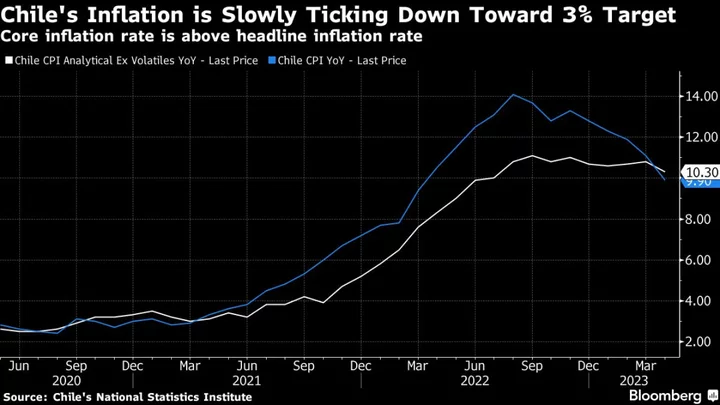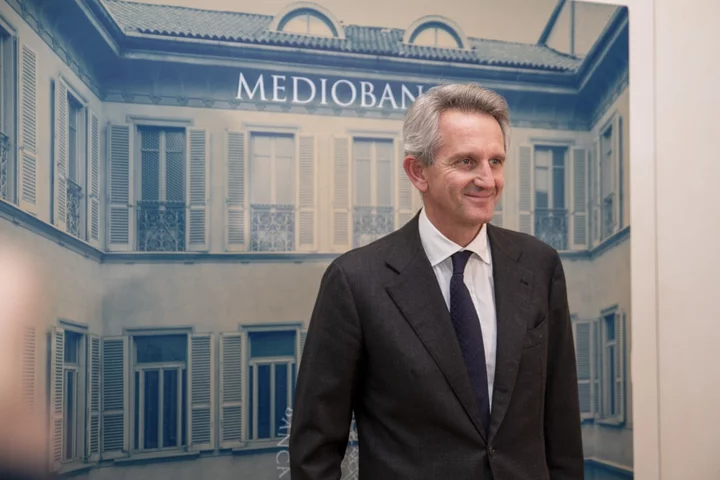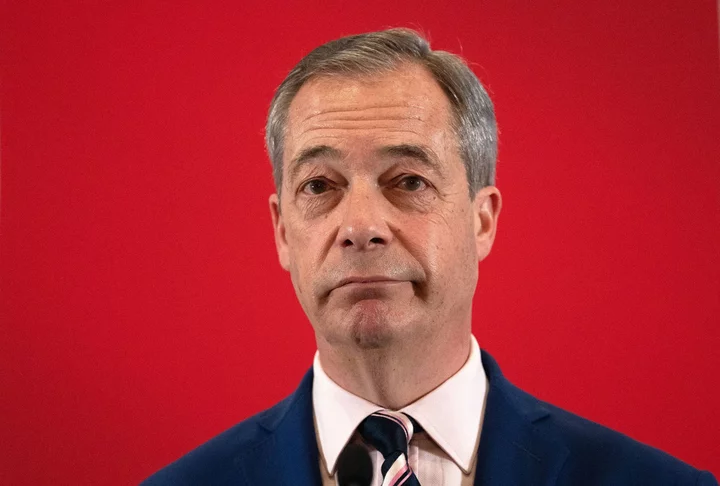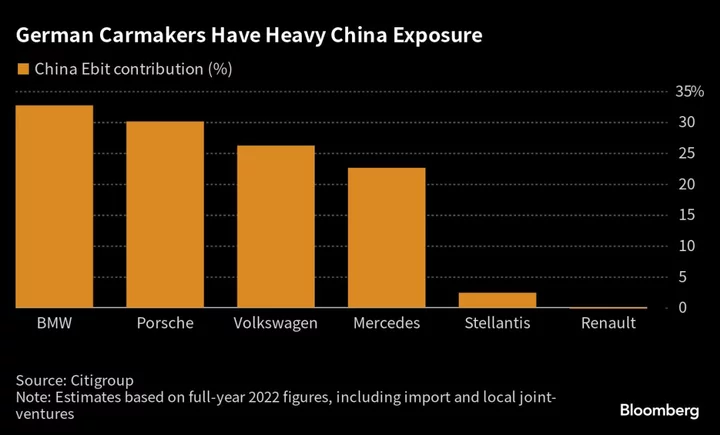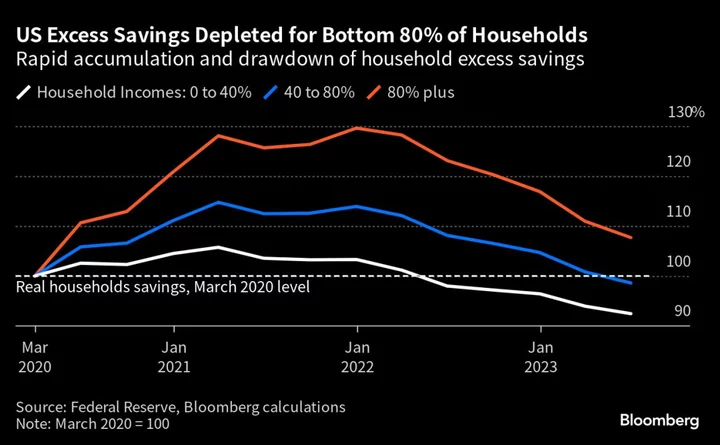Chile’s central bank said there’s no evidence that the domestic inflation slowdown had been consolidated, even as headline consumer price and consumption readings head in the right direction.
The only plausible monetary policy option was to keep rates unchanged at an over two-decade high of 11.25%, central bankers wrote in the minutes to their May 12 decision. The risks associated with scenarios of higher inflationary pressures were “particularly complex and costly,” they wrote.
“The Board agreed that the fact that total inflation fell and activity and consumption continued to adjust did not indicate that the inflationary problem had been resolved,” they wrote in the document published on Monday. “Information still had to be accumulated to assess whether the convergence of inflation to the 3% target had been consolidated.”
Policymakers are sticking to their cautious stance on rates as both headline inflation and closely-watched core gauges continue to run well above the 3% target. Still, investors expect easing to start in coming months on bets that activity and price pressures are cooling. The monetary authority’s decision to raise capital requirements last week also fanned speculation borrowing cost cuts are near.
Read more: Chile Tightens Credit Conditions, Citing Higher Global Risk
Annual inflation slid back into single digits for the first time in 13 months in April, according to the national statistics institute. However, consumer prices excluding volatile items increased 10.3%.
Chile’s gross domestic product grew 0.8% in the first quarter from the prior three-month period, below the 1% forecast by analysts in a Bloomberg survey. Activity rose on the back of services such as hospitality and restaurants, while mining weighed on results.
In the minutes, board members wrote that economic readings were in line with their forecasts. “It was pointed out that this was good news, especially after several quarters in which this had not been the trend,” they wrote.

